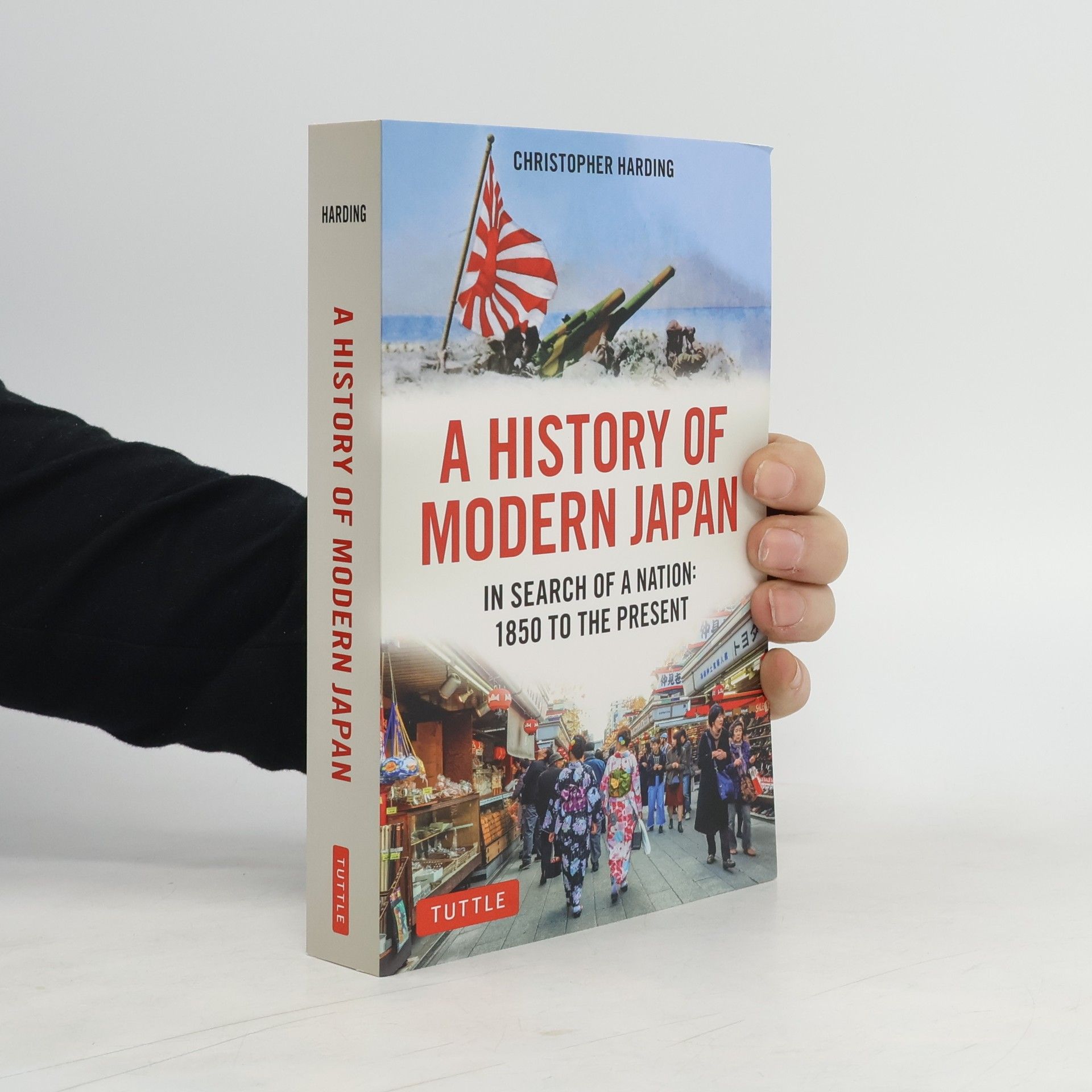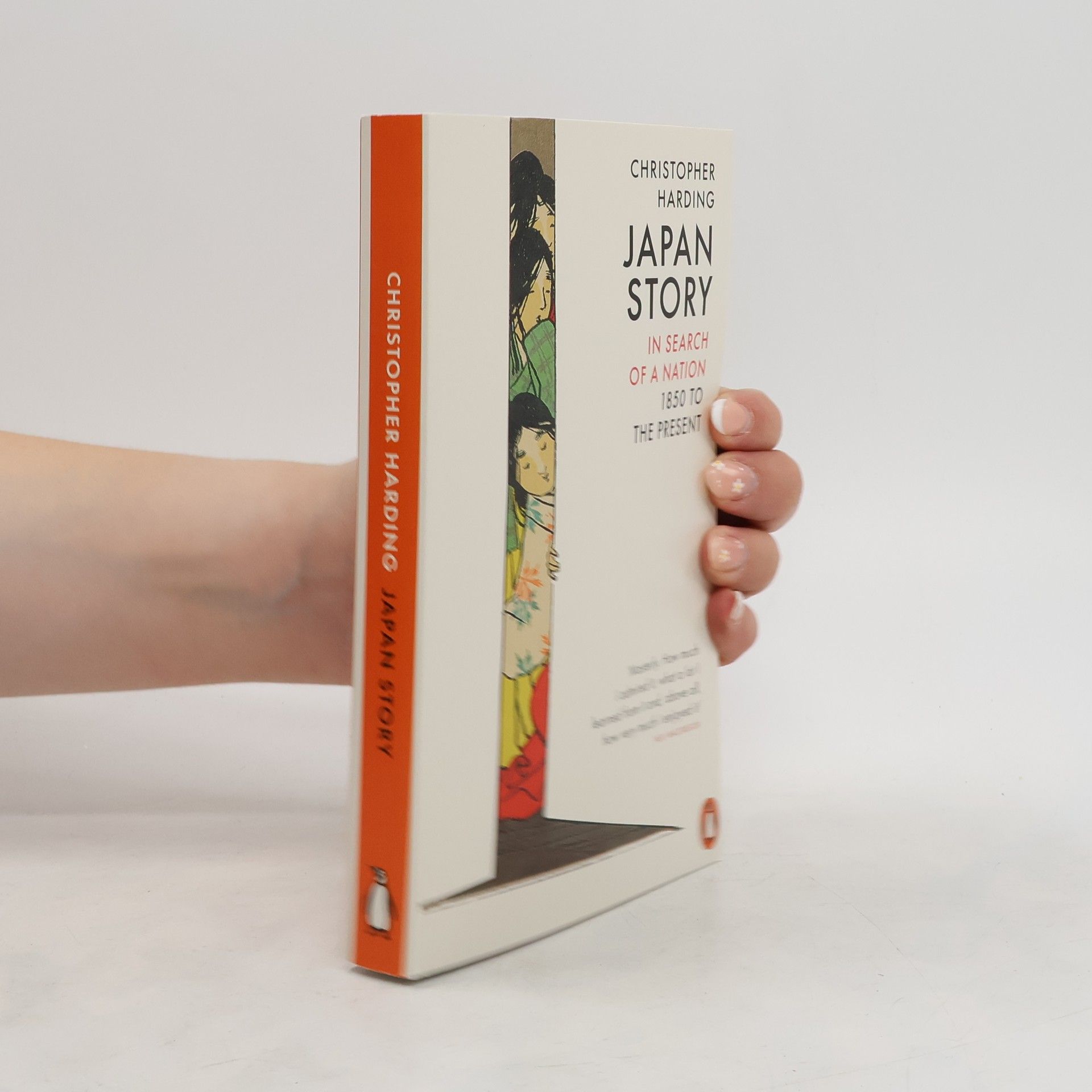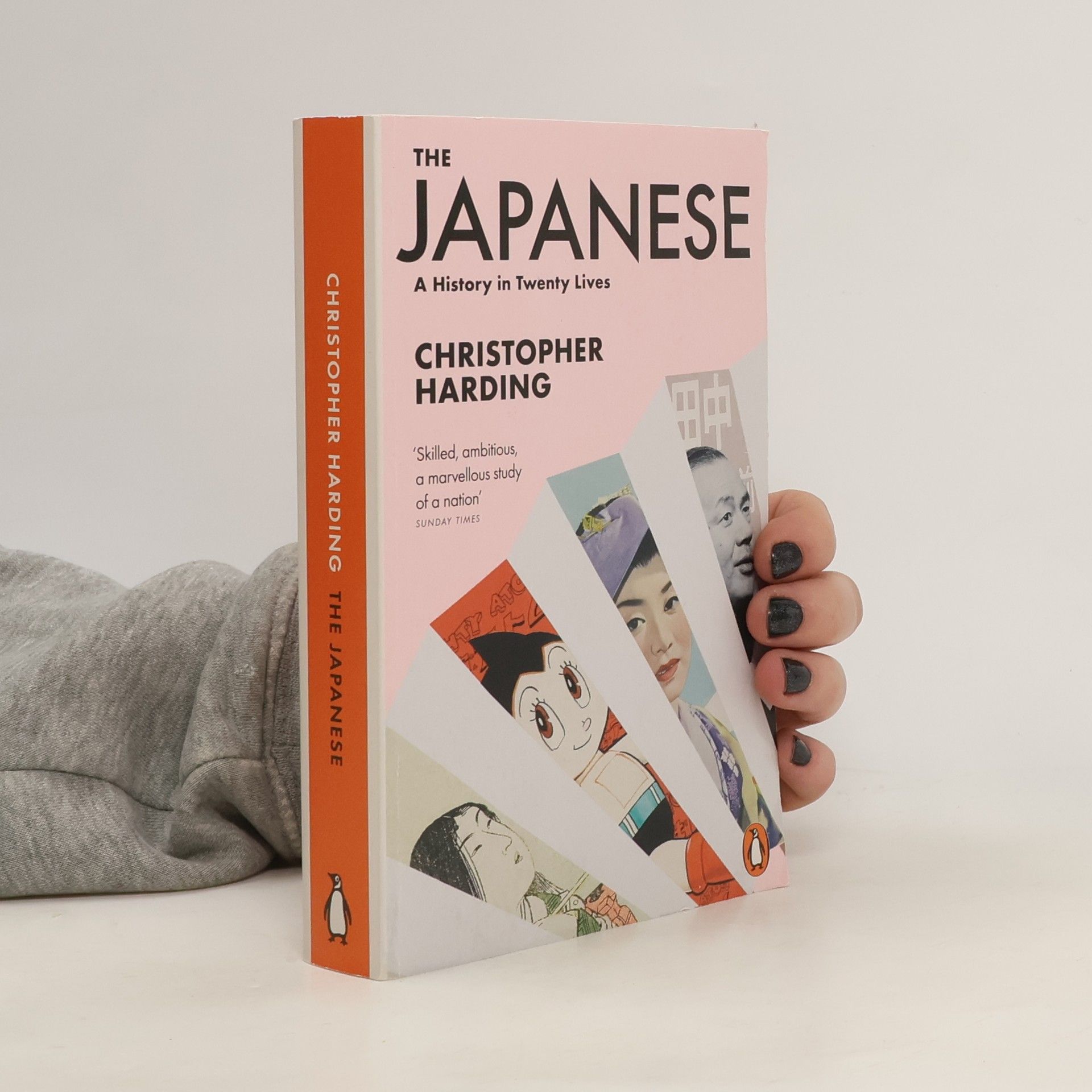The Japanese
- 528 pages
- 19 hours of reading
From the acclaimed author of Japan Story, this is the history of Japan, distilled into the stories of twenty remarkable individuals.The vivid and entertaining portraits in Chris Harding's enormously enjoyable new book take the reader from the earliest written accounts of Japan right through to the life of the current empress, Masako. We encounter shamans and warlords, poets and revolutionaries, scientists, artists and adventurers - each offering insights of their own into this extraordinary place.For anyone new to Japan, this book is the ideal introduction. For anyone already deeply involved with it, this is a book filled with surprises and pleasures.




